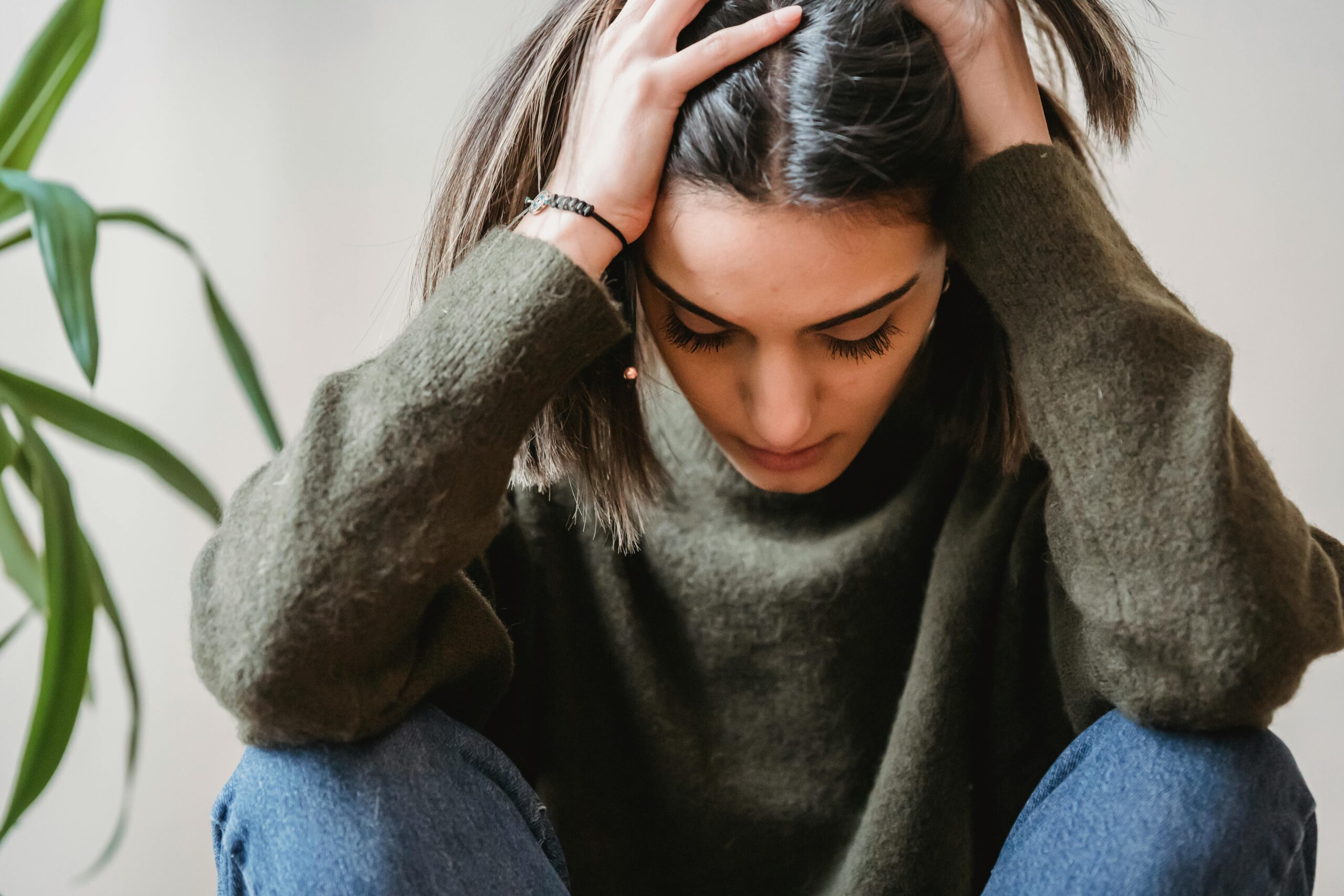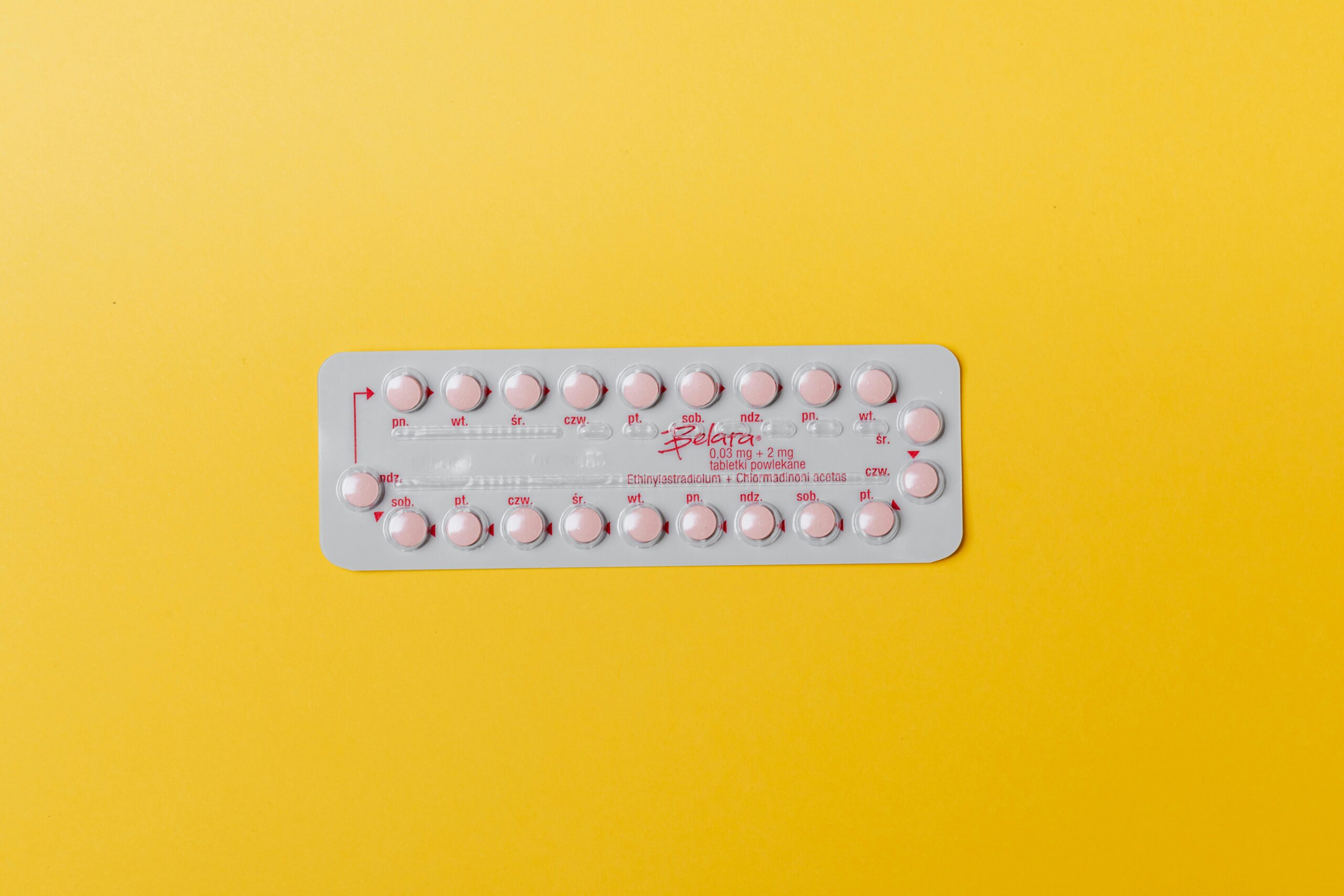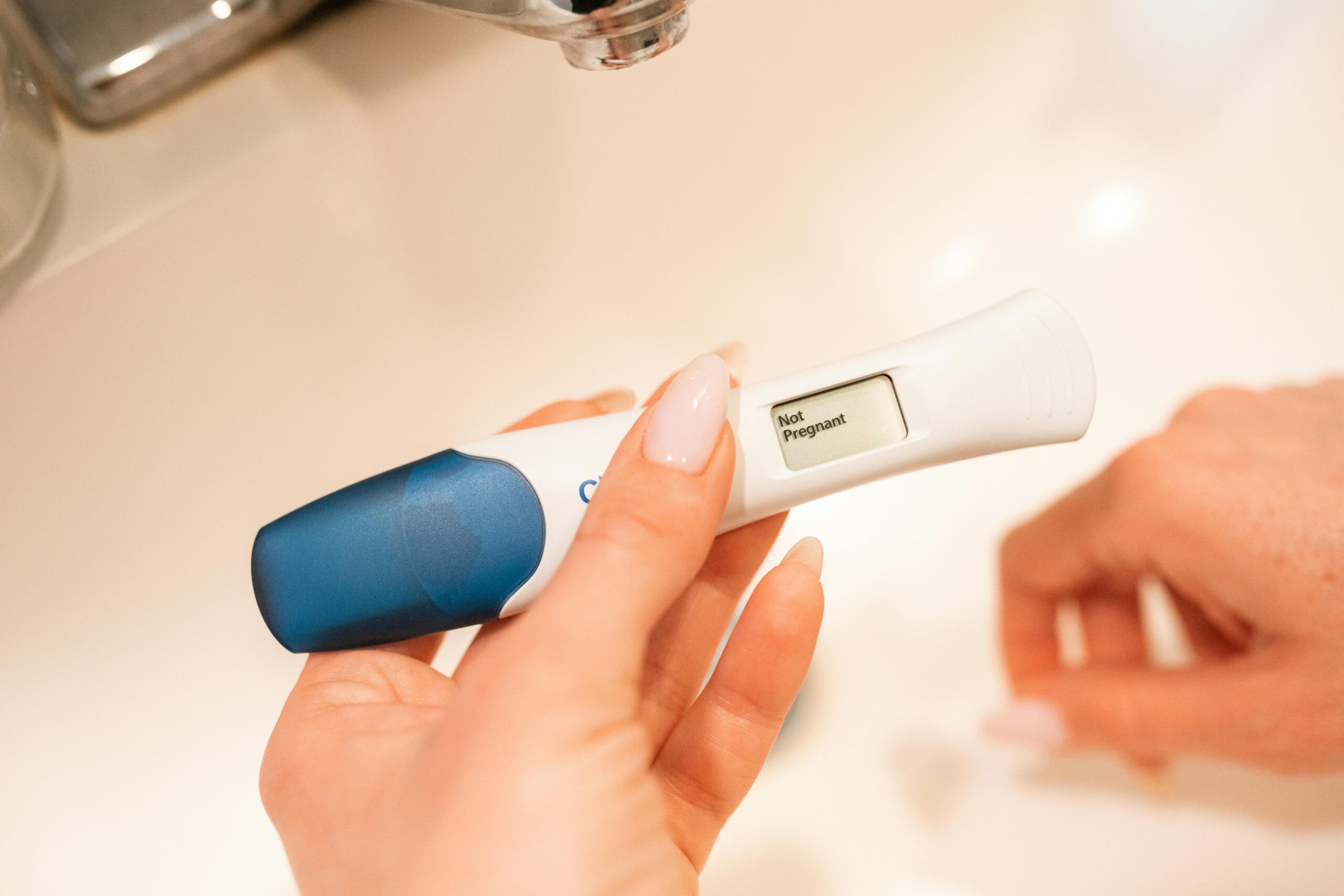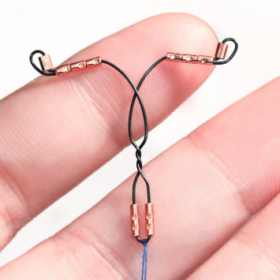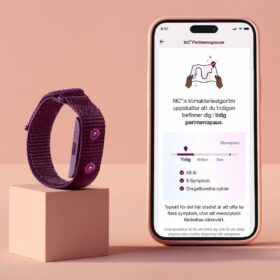
Understanding Contraception for Teenagers: Essential Information Every Parent Should Know

Disclaimer: Support for the development of this article was provided by Exeltis UK. Exeltis had no input into the content and only checked for accuracy.
In this article
What's the lowdown?
The median age at which people first have sex in the UK is 17 years old
Teenagers can get contraception without their parent’s consent if they are shown to be “competent”
Every method of contraception is available for young people
There is no best contraceptive method for teenagers
Choice depends on their individual wishes and medical history
Healthcare professionals are trained to safeguard your children from harm
In what feels like the blink of an eye, your once tiny baby is suddenly heading to parties, meeting other young people, and beginning to take an interest in relationships. This can be a challenging time for many parents, as they try to strike the right balance between supporting and educating their child without becoming overbearing or too familiar.
“The talk” about sex is often something both parents and teenagers feel apprehensive about, but it doesn’t have to be. If you can approach the conversation openly, without judgment, and with clear information, you’re giving your child the tools they need to make informed decisions throughout their life.
Contraception is a key part of that education and it’s something we believe should start early, and be taught to all genders.
Why educating young people about contraception is important
In the UK, the median age at which people first have sex is 17, with 19% of teenagers having their first experience of penetrative sex before the age of 161. Teenage pregnancies (under the age of 18) happen in 1.32% of women2. This has more than halved from 3.1% in 20112 since the introduction of targeted government policies to reduce teenage pregnancy throughout the early 2000s. A huge part of this success has been down to the education around, and accessibility of, contraception. However, unplanned pregnancies remain common. Around 45% of all pregnancies in the UK are unplanned, highlighting the continued importance of accessible contraception and comprehensive sexual education. Our aim is for every pregnancy to be planned and prepared for, supporting better outcomes for individuals and families alike.
There is clear evidence that an open culture and easy communication with parents around sexual issues reduces teenage pregnancy rates3. Young people who have reproductive and sex education are more likely to use condoms and contraception when they first have sex, and delay the first time they have sex4,5.
The research is compelling: we need to talk openly about sex and contraception advice for teenagers.
How to discuss contraception with your teenage child
It can be challenging to know when to start discussing contraception with your children, but consider beginning conversations about pregnancy prevention around ages 12 to 13, depending on their maturity. The government relationship and sex education guidelines state contraception should be covered in secondary school lessons6.
Talking about contraception with your parents is unlikely to be on your teenager’s list for a Friday night. But you may be surprised how much they DO want to learn from you.
Try to have the conversation in a calm and non-judgemental place, for example, in the car while driving rather than forcing your child to sit opposite you at the dinner table.
Open the conversation by asking your child questions, such as:
- How is sex education going at school?
- Have you learnt about how people stop getting pregnant?
- Do you have any questions about sex that I can help answer for you and your friends?
Your teenager might find it easier than you to drive the conversation!
And don’t forget that learning about contraception could also be fun. How about throwing some cucumbers and condoms into your teenager’s sleepover? Practising in a safe place with their friends is always better than trying to use a condom for the first time when it really matters.
Accessing contraception without parental consent
Contraception for teenagers can be accessed without a parent’s consent. And no, a parent will not always be informed if a child is given contraception. However, there is guidance for healthcare professionals around supplying contraception for young people under 16 (the legal age of consent for sex) to keep them safe.
Firstly, a young person has to demonstrate that they are competent. This means they are able to7:
- understand the contraceptive method, how and why it is taken
- understand the benefits, risks and alternatives
- understand in broader terms what the consequences of using the contraceptive (or not using it) will be
- retain the information for long enough to use it and weigh it up in order to arrive at a decision
Secondly, a young person must meet the Fraser guidelines. These state young people under the age of 16 can be provided with contraception if they6:
- understand the professional’s advice
- cannot be persuaded to inform their parents
- are likely to begin, or to continue having, sex with or without contraception
- are likely to suffer in either their mental or physical health unless they receive contraception
- their best interests require them to receive contraceptive advice or treatment with or without parental consent
If these are all met, a young person or teenager can be provided with contraception without parental consent and this will be kept confidential.
However, there are situations where healthcare professionals may need to break a young person’s confidentiality, specifically when they believe the young person is at risk of harm and safeguarding is required. This includes cases where a young person is under the age of 13 and therefore unable to legally consent to sex, or where there are concerns about exploitation, grooming, or other forms of abuse. In such circumstances, clinics and healthcare providers follow strict safeguarding policies to ensure the young person receives appropriate protection and support. While confidentiality is a key principle, it must sometimes be overridden in order to prioritise the young person’s safety and wellbeing.
The best contraceptive for a teenager
There is no single best contraceptive method for teenagers. The types of contraception for teenagers available are the same as for adults!
The best contraceptive method for a young person depends on their medical history and preferences. A young person’s personal and family history can mean some methods are less suitable than others – this is where our recommender quiz can help before getting advice from a healthcare professional.
Condoms are essential to protect against sexually transmitted infections (STIs) but the cost or embarrassment of buying them from a shop may be off putting. Teenagers should know that condoms are free from many sexual health services, GP surgeries, schools and pharmacies. Some types of STI are increasing in young people and condom use is the best way to prevent getting an STI8.
Contraceptive options which require very little input can be ideal for busy teenagers. Long acting reversible contraceptives such as the implant, hormonal coil or copper coil can be used by teenagers and young people. There is an assumption that young people cannot have a coil fitted, which is simply not true if that is their choice. The contraceptive injection is another option, but this can cause a decrease in bone density in women so other methods should always be discussed with women under the age of 18 when bones may still be developing.
The best contraceptive pill for a teenager
Oral contraceptives (pills) are the most commonly used form of contraception for women under the age of 16, according to data from sexual health clinics9. Pills are deemed generally safe for any woman who is of reproductive age, aka has started having periods. Despite there being different types of pill, no one is better than the other, it’s individual choice.
There are two types of oral contraceptive pill; the combined oral contraceptive pill and the progestogen-only pill. The combined pill contains both oestrogen and progestogen, whereas the progestogen-only pill only contains progestogen.
The risks and benefits and pros and cons of each of these pills should be discussed with a healthcare professional. A healthcare professional can help support the decision between the two types of pill depending on medical and family history alongside personal choice and lifestyle.
Different types of pills have varying time windows in which they need to be taken each day to remain effective. This timing can be especially important for teenagers, who may be more likely to forget a dose, particularly during busy or stressful periods such as exam season.
If a young person misses a pill, please refer to our missed pill calculator for advice.
When should a teenager start contraception?
Starting contraception is a decision that should be made based on your young person’s maturity, sexual activity and of course, their wishes. If a child is sexually active and assessed asFraser competent (meeting the criteria outlined above) , they can access contraception and expect confidentiality from their healthcare professional, provided there are no concerns about their safety or wellbeing. As a parent, it’s important to remember that healthcare professionals always prioritise your child’s best interests and are committed to protecting and supporting them as you are.

Our medical review process
This article has been medically reviewed for factual and up to date information by a Lowdown doctor.


